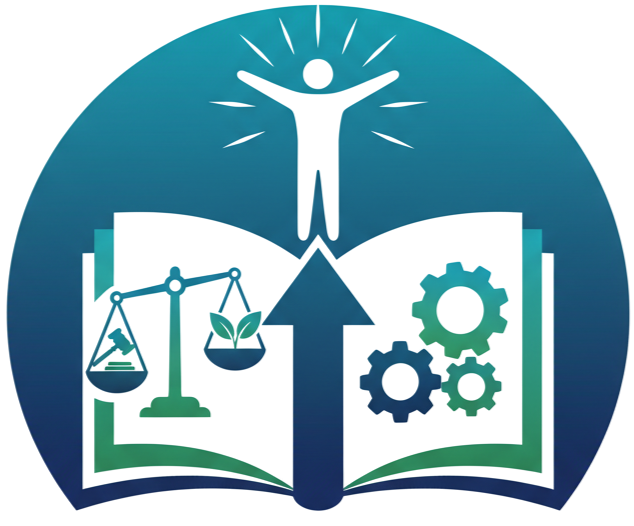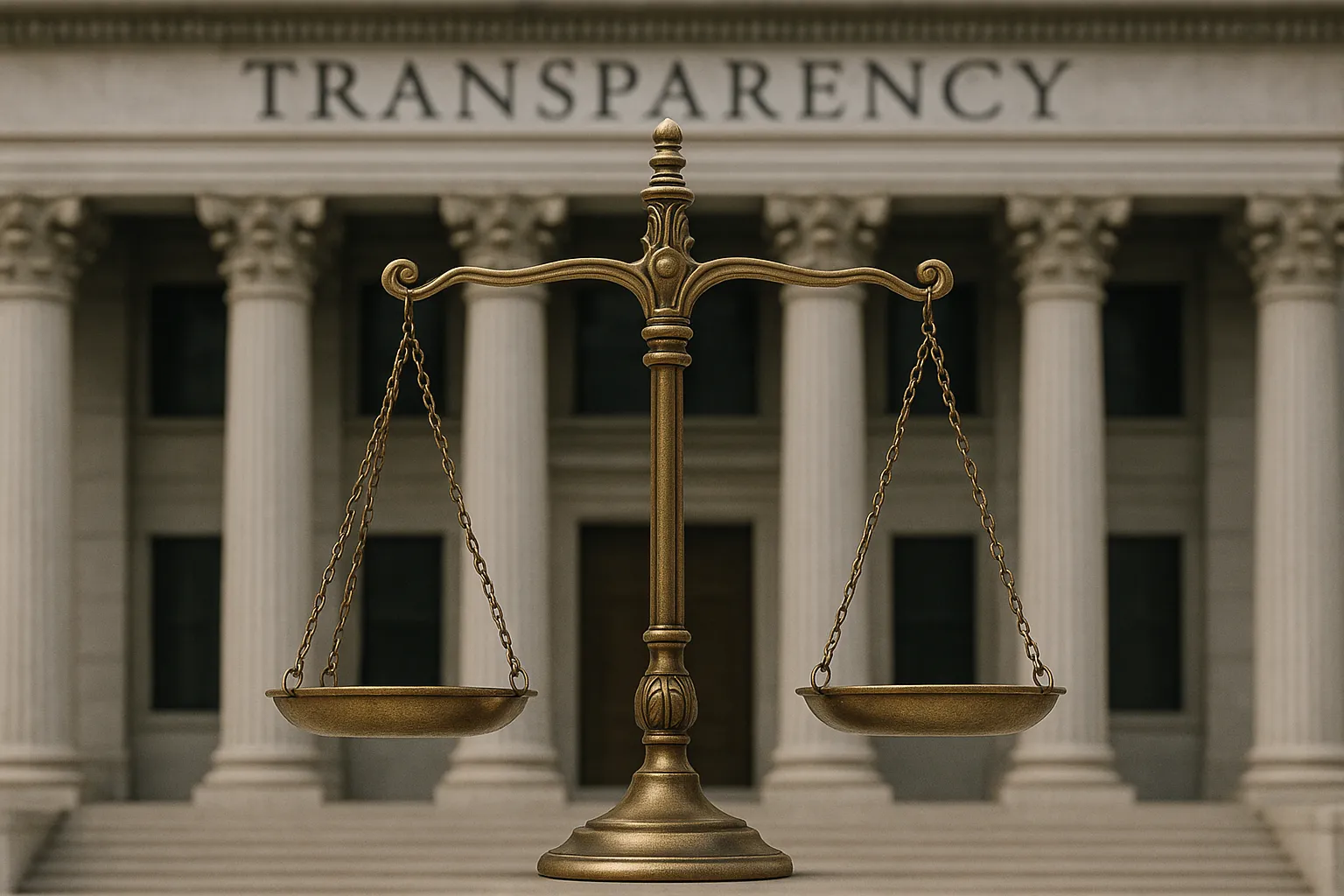Understanding the Role of Public Inquiries
Public inquiries play a crucial role in maintaining the integrity of modern justice systems. When institutions fail — whether through misconduct, negligence, or systemic bias — inquiries provide a structured, transparent way to uncover the truth. They act as a bridge between government accountability and public trust, offering a mechanism that can operate above political interests and expose failings that might otherwise remain hidden.
Unlike criminal trials, which focus on determining guilt or innocence, public inquiries seek to reveal why and how something went wrong. They do not aim to punish but to understand, to make recommendations, and to ensure that similar tragedies or injustices are not repeated. This broad investigative power is what makes them an essential feature of democratic societies. When conducted effectively, inquiries reaffirm the principles of transparency, fairness, and justice — values that are fundamental to a functioning democracy.
Why Transparency Matters
Transparency is the foundation upon which public confidence in justice is built. When major failures occur — such as a death in police custody, corruption within public office, or institutional discrimination — the public needs to know that the matter will be handled openly and fairly. Public inquiries serve this need by operating under clear procedural rules, publishing findings, and allowing citizens to witness the process.
Transparency not only uncovers facts but also provides a collective sense of participation. It tells the public, “You have the right to know what went wrong.” This openness transforms private grievances into collective lessons, ensuring that institutions learn and evolve. For example, inquiries often reveal that failures are not limited to individual misconduct but stem from deeper cultural or structural issues — unclear policies, lack of oversight, or systemic prejudice. By confronting these issues publicly, inquiries become tools for cultural reform, not just administrative correction.
Restoring Public Trust
Whenever a public institution fails, trust is the first casualty. Citizens begin to question whether authorities act in the public interest or protect their own image. Public inquiries offer a rare opportunity to rebuild that trust by demonstrating accountability in action.
The process of inquiry itself — with witness testimony, document disclosure, and public reporting — shows that no one is beyond scrutiny. This visibility reassures the public that their concerns are being taken seriously. In modern societies, where misinformation and institutional skepticism are widespread, such transparency is more important than ever.
Trust, once broken, cannot be repaired with words alone. It requires demonstrable action, and public inquiries provide that platform. They show a system willing to investigate itself, acknowledge mistakes, and implement change. In doing so, they reinforce one of the most important democratic principles: that power must always answer to the people.
Learning from Tragedy
Public inquiries are often born from tragedy — a wrongful death, a catastrophic accident, or a collapse of justice. While the process is painful, it also represents a commitment to learning. Each inquiry offers an opportunity to study failure as a means of preventing it in the future.
Through interviews, expert testimony, and document analysis, inquiries piece together the full context behind an event. This comprehensive approach allows investigators to move beyond individual blame and examine the chain of systemic errors that contributed to the outcome. The lessons learned often extend beyond the case itself, shaping reforms in policing, healthcare, education, or public administration.
Moreover, the findings of an inquiry do not fade with time. They become part of the public record — reference points for future leaders, lawmakers, and educators. They remind society of past mistakes and the responsibility to do better.
Ensuring Institutional Accountability
Institutions — particularly those wielding power, such as the police, government ministries, and social services — require mechanisms to keep them accountable. Without oversight, even well-intentioned organizations risk becoming insulated, resistant to criticism, and prone to repeating errors. Public inquiries are one of the most effective checks on institutional power.
They compel openness where secrecy might otherwise prevail. They can summon documents, question witnesses under oath, and expose how decisions were made behind closed doors. This investigative independence ensures that inquiries are not influenced by political agendas or internal loyalties.
Importantly, accountability does not end when an inquiry concludes. The recommendations that follow are meant to spark long-term reform. Governments are expected to respond — sometimes through new legislation, policy adjustments, or cultural change within institutions. When these recommendations are implemented, the inquiry’s purpose extends far beyond its final report; it actively reshapes the system it examined.
The Modern Relevance of Public Inquiries
In an era of rapid information exchange and social media scrutiny, public inquiries are more necessary than ever. Scandals can erupt overnight, and misinformation can spread faster than facts. The formal structure of an inquiry brings order and credibility to chaos. It ensures that evidence, not speculation, forms the foundation of public understanding.
Furthermore, modern inquiries increasingly address complex, cross-institutional issues — systemic racism, gender-based violence, environmental disasters, and digital privacy. These are not isolated events but interconnected challenges that require transparency and collaboration across sectors. Public inquiries provide the framework to approach such multifaceted issues comprehensively and objectively.
The digital age has also made inquiries more accessible. Many now publish documents online, stream hearings, and allow public submissions. This openness not only educates but also empowers citizens to engage with justice in real time.
Beyond Blame: Building Better Systems
Public inquiries are not about assigning guilt; they are about identifying responsibility. The distinction is subtle but critical. Blame focuses on punishment, while responsibility focuses on improvement. An effective inquiry shifts the conversation from “Who caused this?” to “How can we prevent this?”
This shift encourages collaboration rather than defensiveness. It invites institutions to acknowledge mistakes without fear of retribution and to participate in creating better systems. In this way, inquiries promote a culture of continuous learning within governance — one where mistakes are addressed constructively rather than hidden.
Public Participation and Collective Ownership
Another powerful aspect of public inquiries is their inclusiveness. They often invite testimonies not just from officials but from families, communities, and everyday citizens. This inclusivity ensures that the process reflects multiple perspectives, especially from those directly affected by injustice.
Public participation transforms inquiries from bureaucratic exercises into collective acts of truth-seeking. It allows marginalized voices — often ignored or dismissed — to be heard on an equal platform. The resulting narrative is richer, more honest, and more representative of the society it serves.
This collective ownership also deepens the emotional and moral impact of the findings. When citizens see their stories acknowledged in an official capacity, it validates their experiences and strengthens the social fabric. It says: your pain matters, your truth matters, and your voice helped create change.
From Findings to Action
A public inquiry achieves its true purpose only when its findings lead to real change. The publication of a final report, while symbolically important, is only the beginning of the transformation process. The recommendations that emerge must be embraced, debated, and implemented — otherwise, the inquiry risks becoming a historical footnote rather than a catalyst for reform.
In modern justice systems, the implementation of inquiry recommendations often requires collaboration between multiple layers of government, public institutions, and civil society. For example, when an inquiry identifies systemic racism within a police force, the solution cannot come from policy alone; it demands cultural change, training, and long-term monitoring. This layered approach ensures that lessons are not merely acknowledged but truly integrated into institutional practice.
The strength of an inquiry lies in its ability to generate momentum. When the public, media, and advocacy groups continue to hold governments accountable for implementing the recommendations, the inquiry’s work extends far beyond its formal conclusion. This continuity is the mark of a healthy democracy — one where truth is not only revealed but acted upon.
Resistance to Change
However, the path from recommendation to reform is rarely smooth. Institutions that have been criticized may resist change, fearing reputational damage or loss of authority. Some may attempt to downplay the findings or delay implementation under the guise of complexity or resource constraints.
This resistance highlights a critical weakness in modern governance: transparency is often easier to achieve than transformation. While inquiries can expose systemic problems, only political will and sustained pressure can resolve them. The most successful inquiries are those supported by engaged citizens, active journalists, and persistent watchdog organizations that ensure the findings remain in the public consciousness.
Another common challenge is time. Public inquiries can take years to complete, and by the time recommendations are released, public attention may have shifted elsewhere. Ensuring accountability therefore requires long-term mechanisms — regular progress reports, legislative reviews, and continued public oversight. Without these, even the most powerful inquiries risk fading into memory.
Media and Public Engagement
The role of media in the inquiry process cannot be overstated. Investigative journalism often brings injustices to light in the first place, prompting the establishment of inquiries. Once the inquiry begins, the media acts as a bridge between official proceedings and the general public, translating complex legal or procedural information into accessible narratives.
However, this relationship is delicate. While media coverage can amplify transparency, it can also distort facts if not handled responsibly. Sensationalism can shift focus from systemic reform to individual blame, undermining the broader purpose of the inquiry. For this reason, balanced reporting is essential. Journalists who treat inquiries as tools for education rather than entertainment play a vital role in democratic accountability.
Public engagement also extends beyond newsrooms. Social media platforms now allow citizens to follow hearings in real time, share documents, and organize discussions. This accessibility turns passive observation into active participation. When people engage directly with the inquiry process, they become stakeholders in its outcomes — and that sense of shared ownership helps sustain the drive for reform long after the hearings end.
Human Stories Behind the System
At the heart of every public inquiry lies a human story — one that gives meaning to the entire process. Whether it’s the death of an individual in state custody, a case of institutional abuse, or a preventable disaster, these stories remind society that justice is not abstract. It is lived and felt.
Inquiries often provide a platform for families, survivors, and communities to share their experiences publicly for the first time. Their testimonies transform data into empathy and policy into purpose. This emotional dimension is what distinguishes inquiries from purely legal proceedings. It brings humanity into the machinery of governance.
The human stories also ensure that the inquiry’s legacy is not reduced to technical reforms. They create a moral foundation for change — one rooted in compassion, respect, and acknowledgment of suffering. In this way, public inquiries do more than expose failures; they help heal collective wounds by validating the pain of those who were ignored or mistreated by the system.
The Role of Education and Training
For an inquiry’s recommendations to have lasting effect, they must influence education and training within public institutions. Reform cannot succeed if those responsible for implementing change lack understanding of its purpose.
Police officers, healthcare workers, government administrators, and social service providers all benefit from training that incorporates the lessons of past inquiries. When the next generation of professionals learns not only what to do but why it matters, systemic change becomes embedded in institutional culture.
Educational programs inspired by inquiry findings can also reach beyond professionals. Schools and universities can use real-world cases to teach civic responsibility, ethics, and the importance of accountability. When young people learn that justice depends on participation and transparency, they are more likely to demand these principles as adults.
This connection between learning and justice transforms public inquiries from temporary responses into enduring sources of societal wisdom.
Global Lessons and Shared Experiences
Public inquiries are not unique to any one nation; they are part of a global democratic tradition. Around the world, countries have used inquiries to address failures in governance, policing, and public safety. From the United Kingdom’s Hillsborough disaster inquiry to Australia’s Royal Commission into Institutional Responses to Child Sexual Abuse, each has contributed valuable lessons about truth, accountability, and reform.
These inquiries reveal common patterns: institutional defensiveness, delayed justice, and the tension between transparency and control. Yet they also demonstrate that meaningful change is possible. International collaboration allows policymakers and advocates to learn from each other’s experiences — to adapt successful approaches, avoid past mistakes, and strengthen global standards for accountability.
In this interconnected world, transparency and justice must extend beyond borders. Global awareness encourages shared responsibility and a collective commitment to ensuring that tragedies lead not to despair but to progress.
Cultural Change and Moral Leadership
Perhaps the greatest challenge for modern justice systems is cultural transformation. Rules can be rewritten, procedures can be revised, but without a shift in values, old habits often return. Public inquiries can expose misconduct, but they cannot alone rebuild integrity — that requires leadership.
Moral leadership means embracing humility, admitting failure, and placing ethical responsibility above institutional reputation. It demands that those in power see transparency not as a threat but as a duty. When leaders model accountability, it influences the entire organization beneath them.
In societies that value image over integrity, such change can seem slow or impossible. Yet history shows that sustained moral leadership — inspired by inquiry findings and public pressure — can gradually reshape even the most rigid institutions. Over time, accountability becomes part of identity, not an imposed requirement.
The Future of Public Inquiries
As justice systems evolve, so too must the model of public inquiries. Future inquiries are likely to be more interdisciplinary, drawing on expertise in sociology, psychology, data science, and communication. They may also use digital tools to analyze evidence, crowdsource information, and engage the public more effectively.
However, as technology enhances transparency, it also raises new challenges. Protecting privacy, managing misinformation, and ensuring fair representation will become essential. The next generation of inquiries must balance openness with responsibility, embracing innovation without compromising integrity.
What will remain constant is the core mission — to uncover truth, assign responsibility, and inspire reform. Whether investigating police conduct, political corruption, or environmental crises, public inquiries will continue to serve as society’s moral compass, reminding governments and citizens alike that justice must always be seen to be done.
Continuing the Legacy of Accountability
Ultimately, the value of a public inquiry is measured not by the number of pages in its report but by the transformation it inspires. Each inquiry, regardless of its origin or scope, adds a chapter to the ongoing story of democracy’s struggle for self-improvement.
When citizens demand accountability, when leaders accept scrutiny, and when institutions commit to learning from their mistakes, justice becomes more than a system — it becomes a living principle. Public inquiries remind us that truth, no matter how uncomfortable, is the first step toward renewal.
The legacy of any inquiry, then, is not only the lessons it leaves behind but the culture it creates — a culture where transparency is expected, responsibility is shared, and justice is continually redefined through the courage to confront failure.
In this way, the importance of public inquiries in modern justice extends far beyond the courtroom. It lives in every reform, every policy, and every individual who believes that truth and accountability are not destinations, but the path itself.





